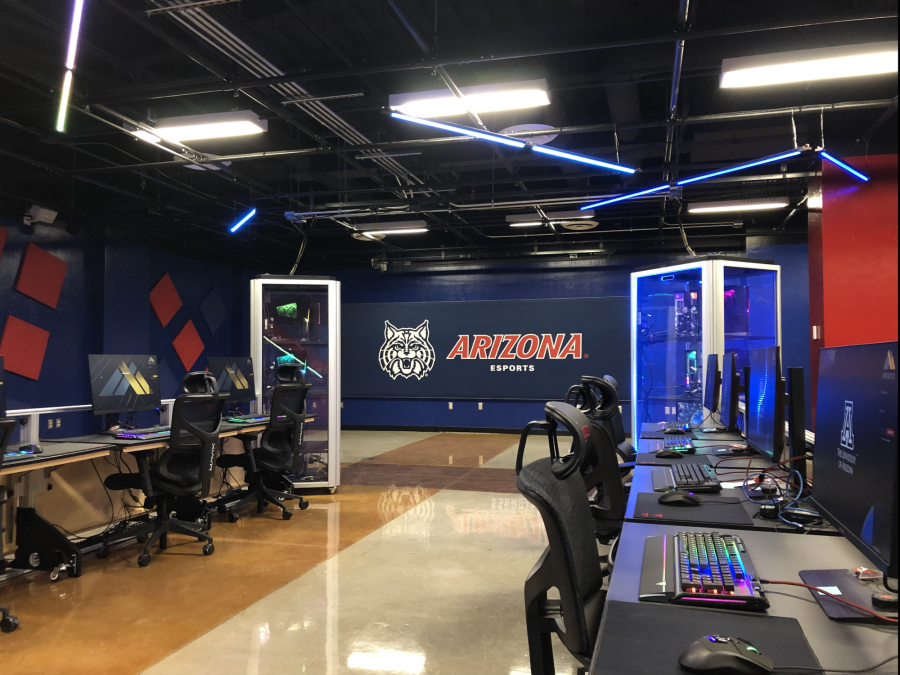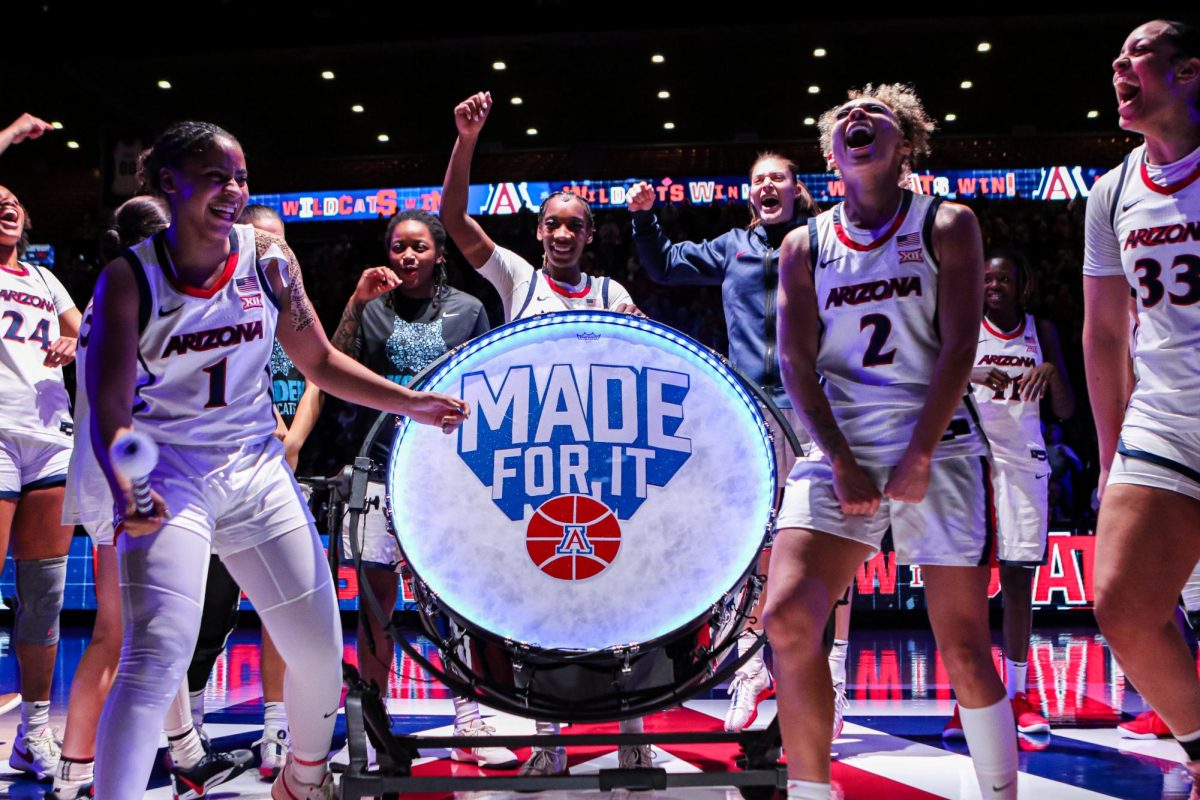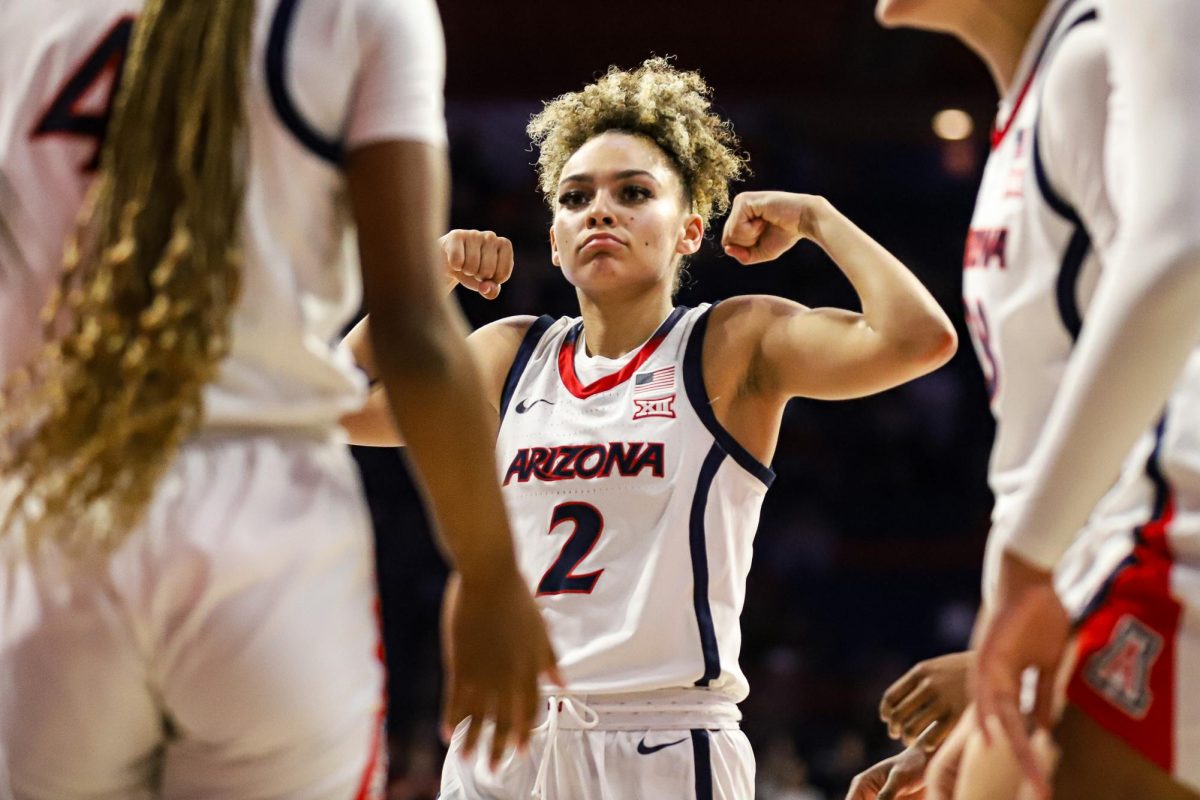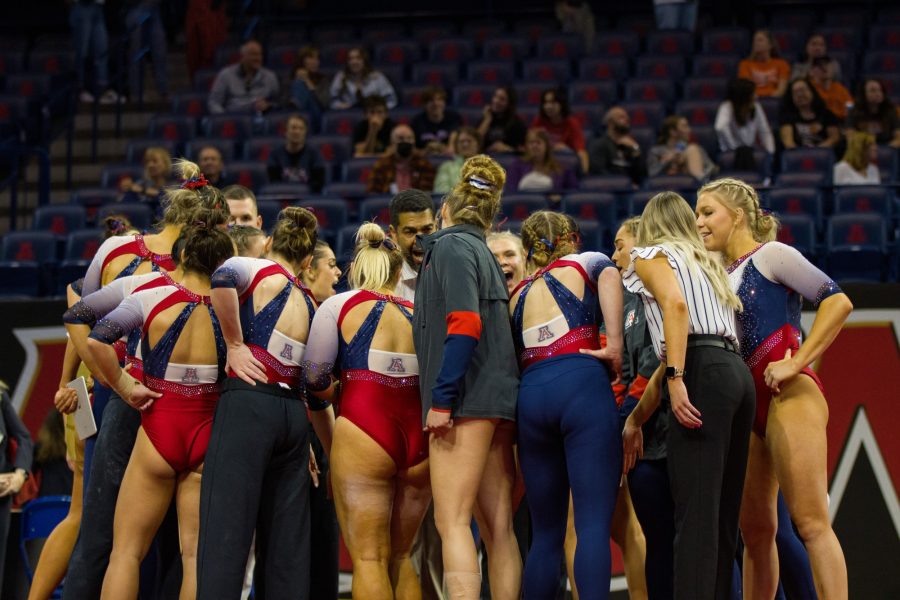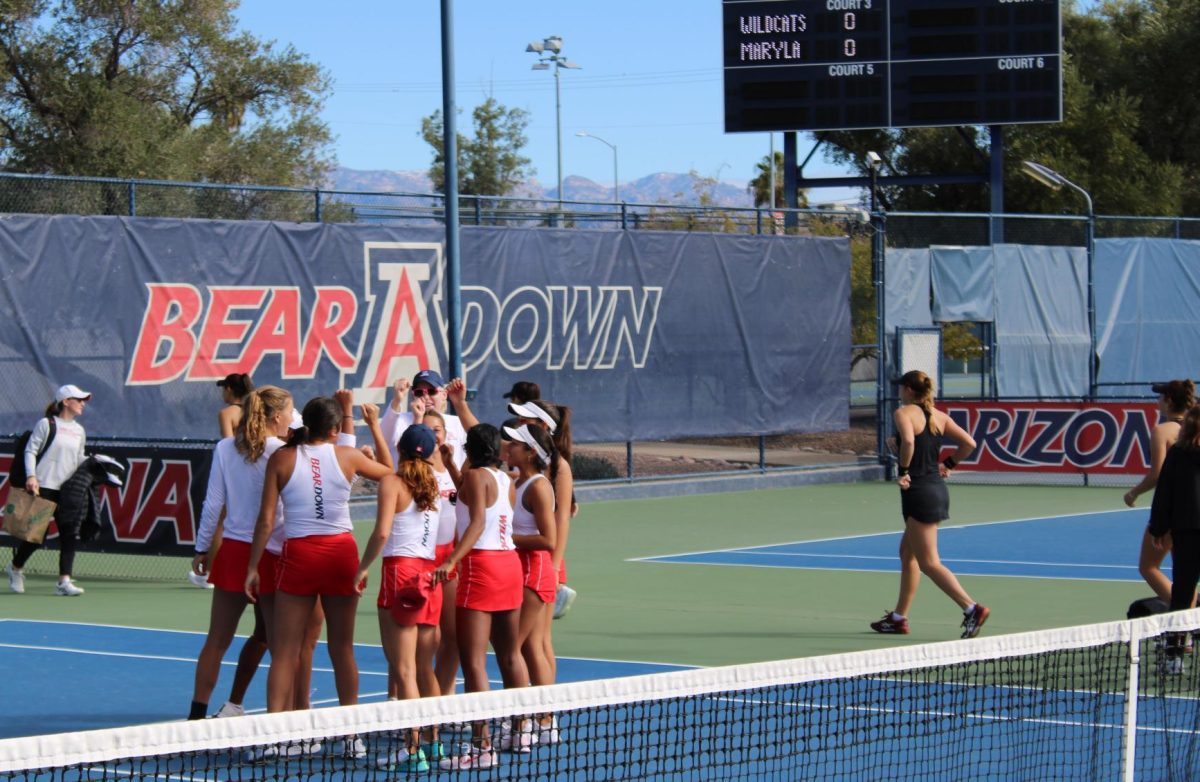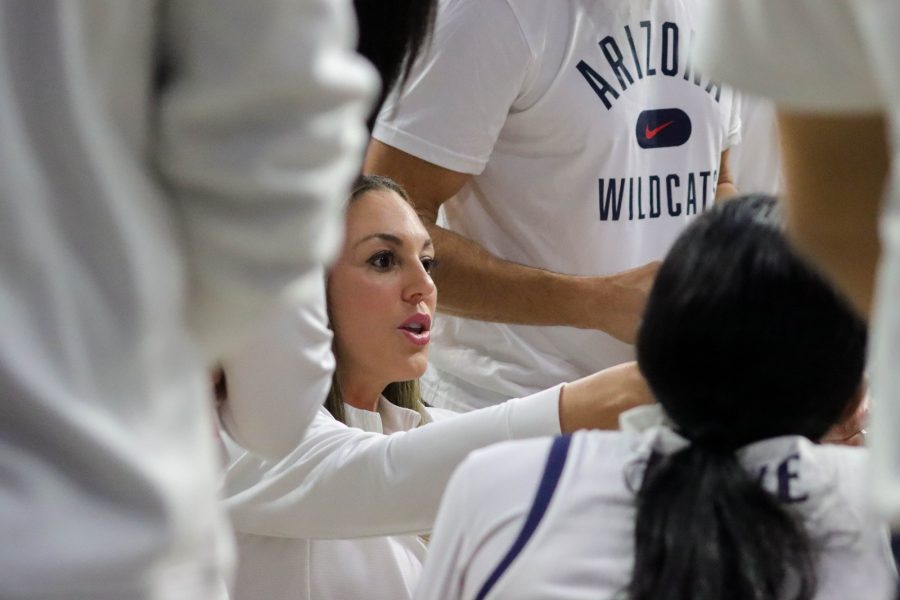The University of Arizona has launched its first varsity Esports team. Officially introduced in March, the new program hopes to bring competitive video games to the varsity-level as well as increase student engagement and career development.
The Daily Wildcat sat down and spoke to Walter Ries, interim Esports director and information technology manager for University Information Technology Services, via Zoom for an interview.
Daily Wildcat: How did the Arizona varsity Esports program get started and how is it going to be incorporated into the University of Arizona?
Walter Ries: “The Esports program came about last April, when [COVID-19] was hitting. President [Dr. Robert C.] Robbins was doing a press release and asked for ideas to help with financial ideas as we’re facing this big period of uncertainty. So I responded, ‘I know traditional sports are being put on hold, we’re not meeting, have we thought about Esports?’ And then later, I followed up with an email to Provost Liesl Folks, basically stating the same thing she responded and said, ‘Great idea, create a team and draft a proposal.’ So we formed a team, worked over the summer and presented that to [Robbins] in the fall and the rest of the university senior leadership team. Everyone was enthusiastic about it … and so at that point, we had the official university approval to start the Esports program.”
DW: How does this new varsity Esports program differ from the previous Esports club?
WR: “All we’ve had before is a student club. We’ve had a student club that is very active, very successful, very large. There’s 1,700 members on campus who are part of the club … the student club has actually been active for several years and they’ve built quite a following and have a huge Twitter following as well. What’s different about this is this is an actual university approved program that is at the university level, that we’ll be able to provide greater money and support for the overall aspect of Esports.”
DW: How can students get involved and join the varsity team? Will the program offer scholarships?
WR: “Once we determine the teams, what titles we’re going to be playing in the fall, we will be holding tryouts. Actually, first, we’re going to be looking to hire coaches for the different titles during the summer time. But then, once the fall starts, we’ll actually have tryouts for the varsity team itself and so that’ll be an opportunity for everyone to apply. Any student can apply and say, ‘Hey, I want to be part of the team’ and go through the application. We’ll obviously be playing some games to kind of test their skill and ability, to make sure that they really fit the program’s ideals and core values of the program as well. As far as scholarship, this is our first year starting so we don’t have scholarships as of yet but definitely, our goal is to be able to provide scholarships for students to be able to play in Esports.”
DW: What other opportunities does the Esports program provide outside of being a player?
WR: “We realize that the Esports industry is a growing, multibillion dollar industry. It’s just going to continue to grow. There’s new jobs being created there and we want to prepare our students for careers in Esports and it’s not just the players. Players are one aspect of it but you also have the sports side, you have tournament management, you have coaches, you have analysts, you have sports medicine; even for Esports. Additionally, you have a production side, you have broadcasting, you have shoutcast, you have people creating video content. Your YouTubers out there are commentating on this and so there’s a whole other industry there as well. We really want to work with the academic programs as well help prepare students for careers in any one of these different areas connected with Esports.”
DW: What video games will be included in the Esports program?
WR: “We aren’t going to finalize it until we actually hire a permanent director … But we’re looking at Rocket League, Valorant, League of Legends, Super Smash Bros and Call of Duty. Those aren’t finalized until we get the director.”
DW: Besides the players, what other positions are you looking to fill within the program?
WR: “So in addition to as I talked about, the paid coaching positions, we also need a production staff and so we’re looking to have paid positions. They’re also volunteer positions which, if students want to then talk with their degree programs, see if they get credit for that class credit. We’re going to rely a lot on students to be able to help make this program assistant a success. It’s going to be more students … . We’re going to have students do the shoutcasting, students make the videos, put them on Twitch, everything.”
DW: What do you see as the ultimate goal for the varsity eSports program?
WR: “We want to be able to have the Esports program make a name for the university. Similar to how our basketball team has made a name for the University of Arizona, have our Esports teams do the same thing … . The other aspect of it really is, as I said, tying into the academics and building an academic program. Anyone who wants a career in Esports, they can work with us to get that experience … . We’re looking at research opportunities, once we got our eSports going, there are a lot of sports medicine research that’s just starting now about video game sports. How do your reaction times differ? Are there certain factors that help with reaction times and hand eye coordination? Those sorts of things.”
DW: What would you say to the people who are still skeptics about Esports?
WR: “I’d say just sit back and watch because it is a growing industry. I mean, you can look at the numbers and just see how it just continues to grow. For example, last December, League of Legends topped a milestone for their World Championship tournament where they had over a billion hours of viewing of the competition. They had, I think, almost 25 million people watching, which is about a fourth of the number of people who watch the Super Bowl. So you think about how expansive the Super Bowl is and how many people watch that and realize that wow, a fourth of those, one out of every four people are also playing video games. So it’s not just a small little niche community of little gamers. It’s actually a growing, as I said, multi-billion-dollar industry.”
Follow Jacob Mennuti on Twitter



